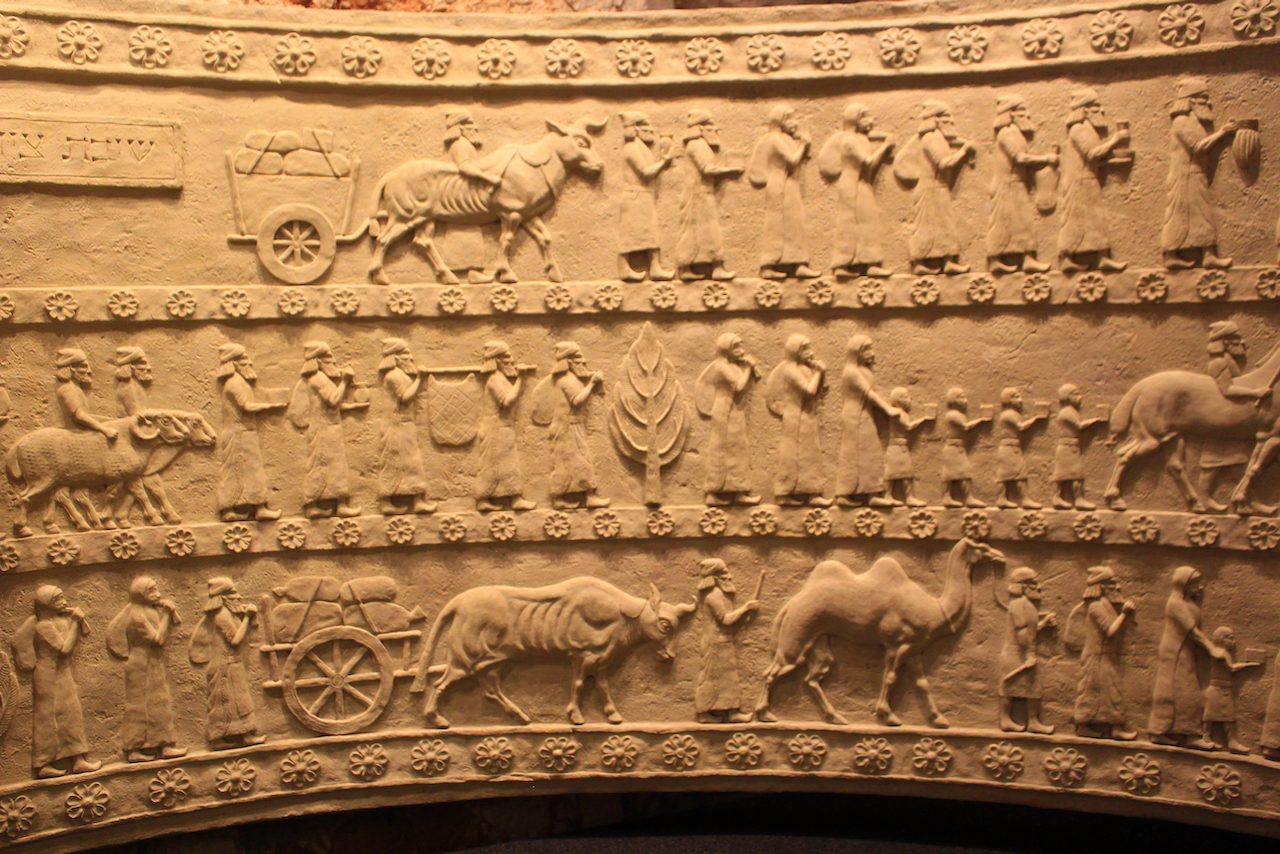Can one of the secrets to Jesus’ spiritual success also be the secret to ours?
Category: Forthright Magazine
Here’s where it all began, back in 1996 or 97. Forthright goes straight to the Cross of Christ and from there to the world.
God is righteous and just
Writer exames Psalm 7.
God’s answer for modern living
Bible provides balm for modern living
Alone, only: sometimes an important term in Scripture
The words sometimes take on doctrinal importance.
Is our delight in the law of the Lord?
The first Psalm starts with a strong contrast.
Overcoming fleshly desire
God provides a way of escape.
I am a friend
Where are the lines of communion?
The need to return to God
God brought his people home.
The origin of strife
Worldly desire is contrary to God’s working.
Secure Living
Jesus identified security. Some will fear.









